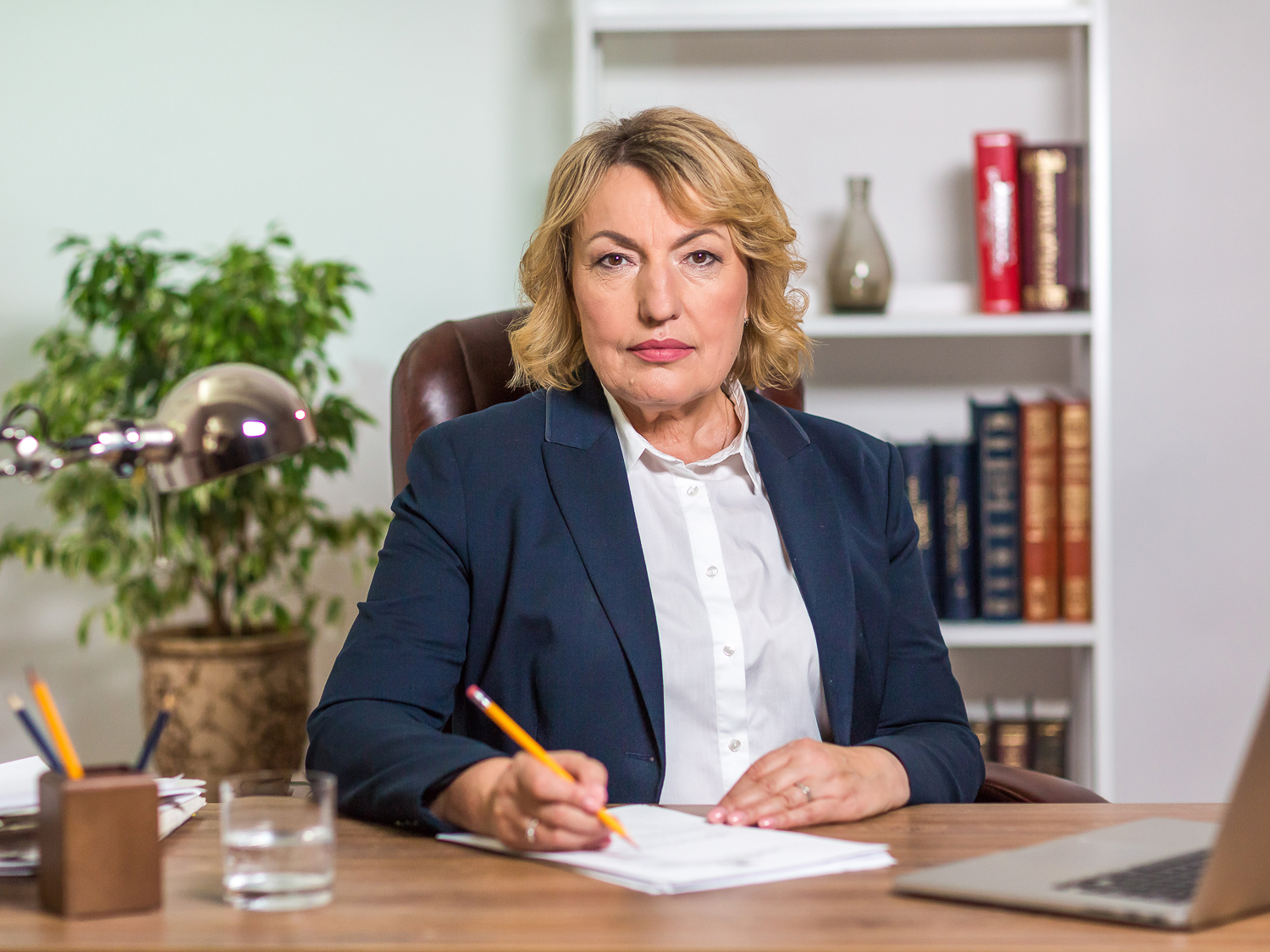Contact center of the Ukrainian Judiciary 044 207-35-46

Since the beginning of the full-scale invasion of the Russian occupying forces into the territory of Ukraine, the Supreme Court and the judiciary have been faced with new challenges. In particular, consideration of a large number of cases related to war and military crimes, as well as crimes against the foundations of Ukraine's national security. It is therefore important to learn about the best practices in the administration of justice and the handling of war crimes cases in countries and regions that have gone through war.
This was said by President of the Criminal Cassation Court within the Supreme Court Stanislav Kravchenko, and Head of the OSCE ODIHR Democratization Department Konstantine Vardzelashvili, during the opening of the webinar "Administration of Justice in Conditions of War" organized jointly by the Supreme Court and the OSCE Office for Democratic Institutions and Human Rights.
The President of the Criminal Cassation Court within the Supreme Court stated that a significant number of such proceedings were being submitted to the courts at the moment, there were already the first sentences, which, obviously, would be challenged by appeal or cassation. Therefore, we will need the experience of other countries that have dealt with this category of cases.
According to the head of the Criminal Cassation Court within the Supreme Court, the legal community has expressed its concern about how society will be perceiving war and military crimes trials.
Stanislav Kravchenko is convinced that when the war is not over, Ukrainian servicemen and civilians die every day, it is very difficult to be completely objective and impartial. But back in March, when there were the most difficult times in Kyiv, talking with judges, people's deputies, representatives of law enforcement agencies, we stressed that we could not afford to sink into the canons of a totalitarian state under any circumstances. The current Criminal Procedural Code of Ukraine is built on the provisions of the Convention for the Protection of Human Rights and Fundamental Freedoms and the conclusions set out in the decisions of the ECtHR. Therefore, regardless of the emotional state, we will cope with this challenge.
He also informed the participants of the event that, according to the State Judicial Administration of Ukraine, 67 courts were located in the territories temporarily not controlled by the Ukrainian authorities, and the territorial jurisdiction of 97 courts had been temporarily changed.
Judge of the Criminal Cassation Court within the Supreme Court Nadiia Stefaniv spoke about the current situation and the main problems in the administration of justice and war crime cases in Ukraine, stating that, first of all, there were problems of a material nature: the premises of several courts had been destroyed, some courts were located in the occupied territories and in zones of active combat actions, which means there is a real threat to the life and health of participants in legal proceedings. In addition, the courts operate under conditions of understaffing.

At the same time, she drew attention to issues of a legal nature, which consist, in particular, in the need to train judges in terms of applying the norms of international humanitarian law in considering this category of cases and their relationship with national law, taking into account changes and additions to the Criminal Code and the Criminal Procedural Code of Ukraine adopted during martial law.
In addition, Nadiia Stefaniv pointed out the main problems in the application of procedural law that may arise when considering criminal proceedings related to war crimes. These include, in particular, ensuring the observance of the procedural rights of all participants in the proceedings, the principles of publicity and openness of the process, the balance between the rights of the prisoner of war and the accused, the consideration of cases in the absence of the accused, the study of evidence obtained from open sources and the grounds for its admissibility, etc.
During the webinar, the judge of the Cassation Chamber of the Supreme Court of the Republic of Croatia, GRECO President Marin Mrčela talked about the administration of justice and the adoption of court decisions in war crimes cases in Croatia.
Phillip Weiner, retired Judge of the Appeals Division of the War Crimes Section of the Court of Bosnia and Herzegovina, Trial Attorney at the International Criminal Tribunal for the former Yugoslavia in 2001-2007, analyzed war crime trials in Bosnia and Herzegovina.
ODIHR expert Paola Gaeta, Professor of International Criminal Law at the University of Geneva, highlighted some issues regarding the application of international criminal and international humanitarian law.
The President of the International Criminal Court, Piotr Hofmański, addressed the role of the ICC in bringing to justice the perpetrators of particularly dangerous international crimes.